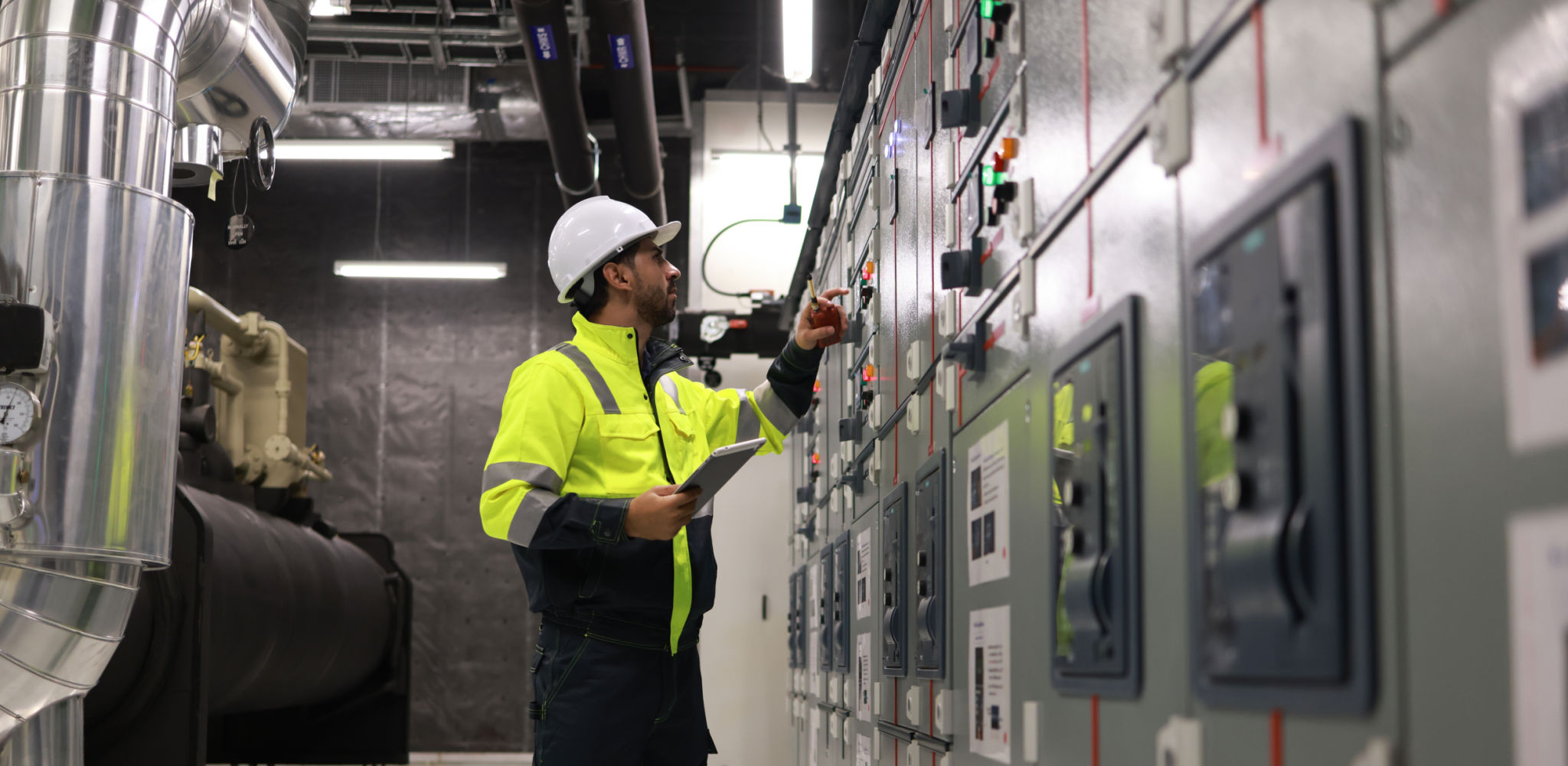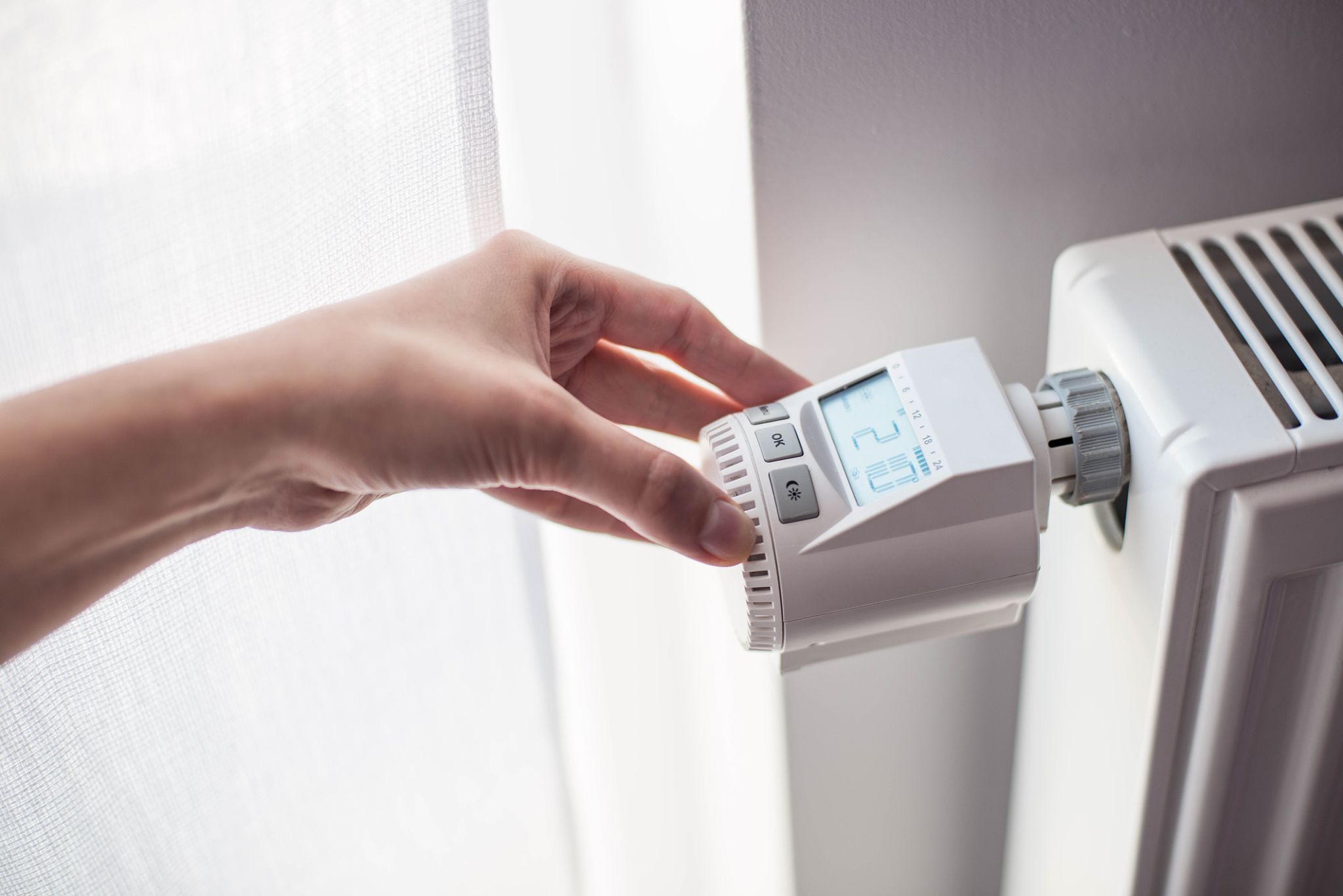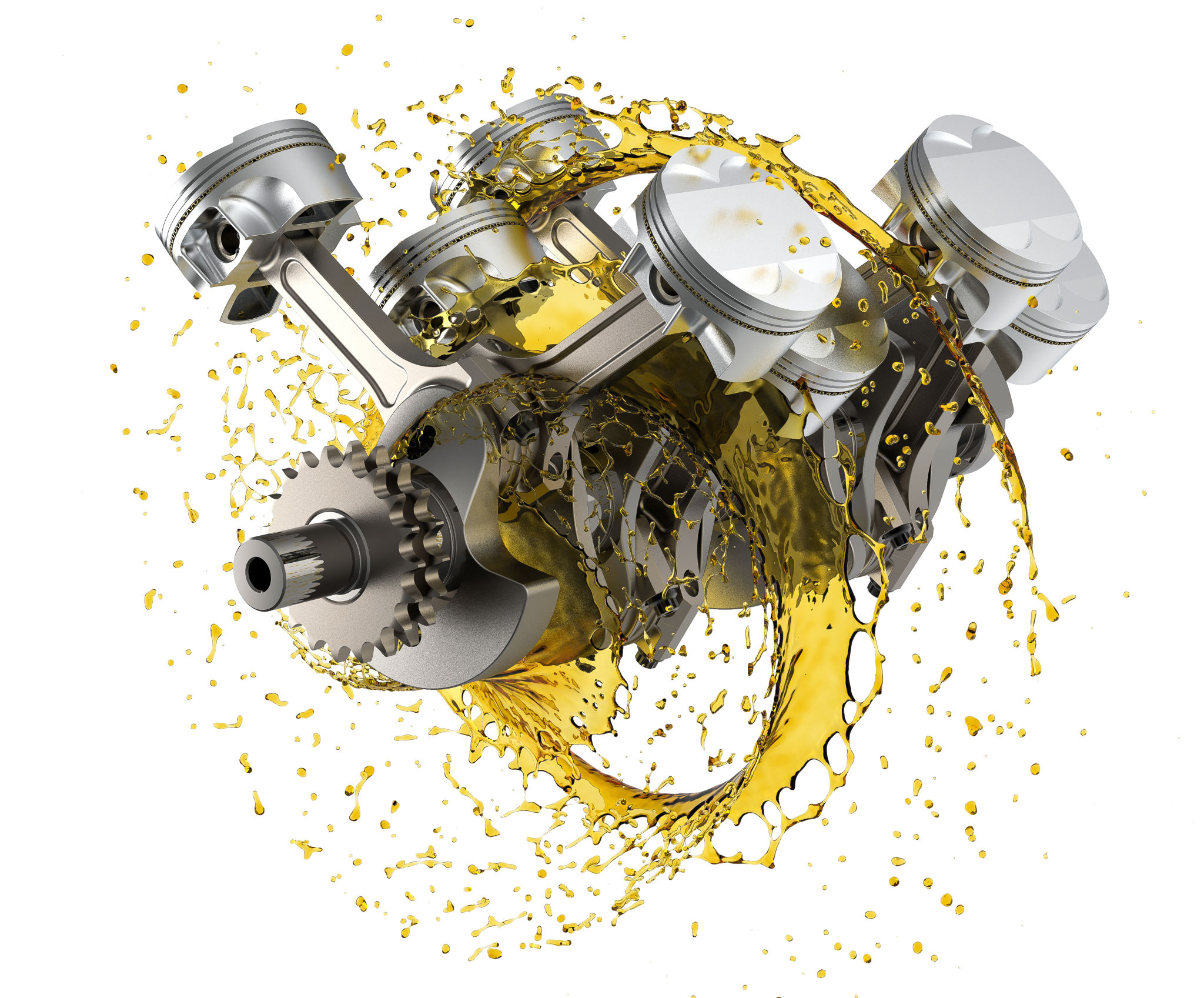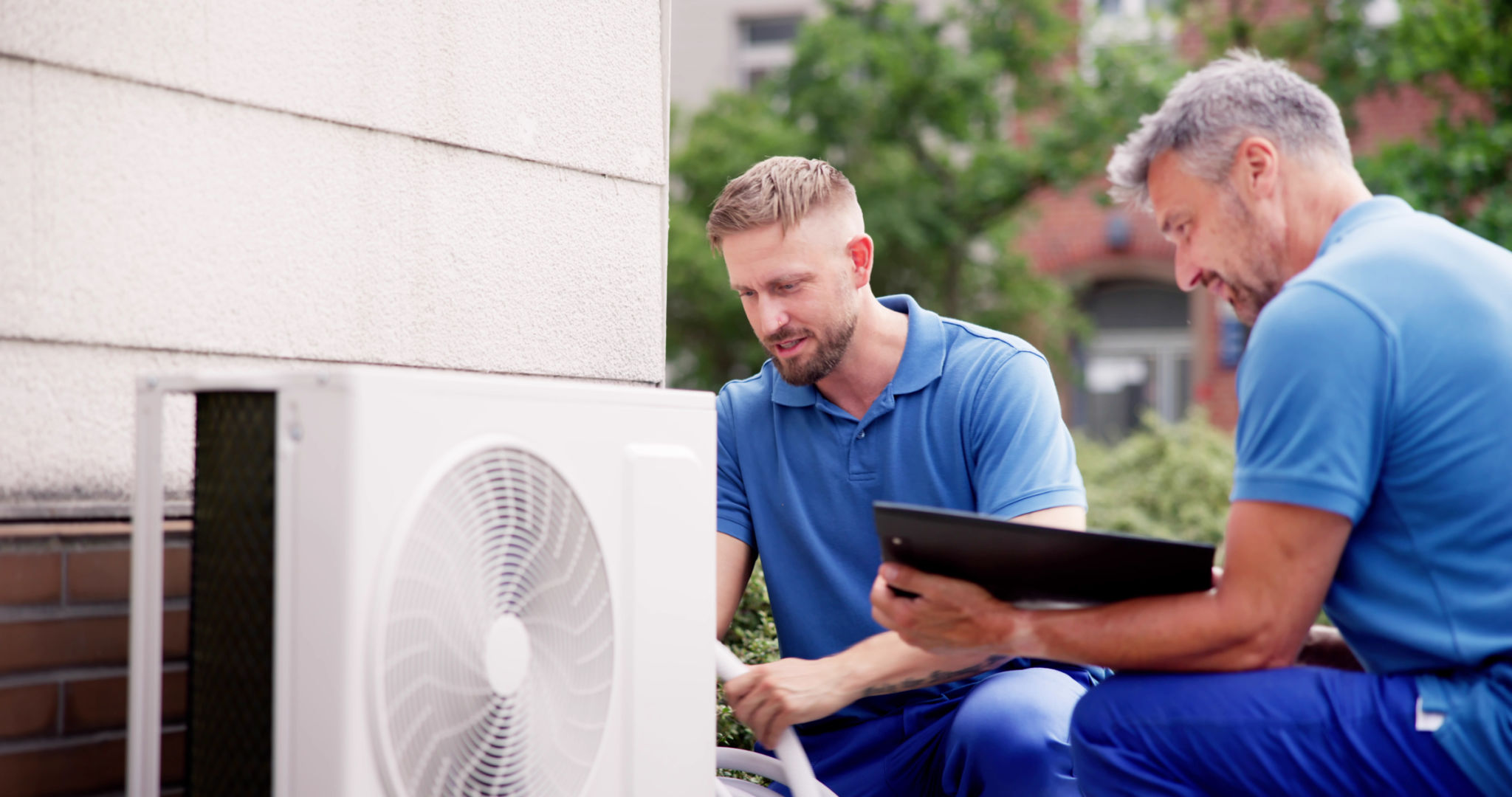DIY Maintenance Tips for Your Building's HVAC Control Systems
JH
Understanding HVAC Control Systems
HVAC control systems are critical for maintaining the comfort and air quality in your building. They regulate the heating, ventilation, and air conditioning functions to ensure optimal performance. Regular maintenance of these systems is essential to keep them running efficiently and to prevent costly repairs.
By understanding the basic components and how they work together, you can perform some DIY maintenance tasks that help prolong the life of your HVAC systems. This guide will cover essential maintenance tips to keep your systems in top shape.

Regular Visual Inspections
Conducting regular visual inspections is a simple yet effective way to catch potential issues before they become major problems. Look for any visible signs of wear and tear, such as frayed wires, loose connections, or corroded components. Pay special attention to the control panels and wiring, as these are often areas where problems arise.
Additionally, ensure that vents and ducts are free from obstructions. Blocked airflow can cause the system to work harder than necessary, leading to increased energy consumption and potential breakdowns.
Check Thermostat Settings
The thermostat is a crucial component of your HVAC control system. Regularly check its settings to ensure they are programmed correctly. This ensures efficient energy use and consistent indoor temperatures. If you notice any discrepancies in temperature readings, it may be time to recalibrate or replace the thermostat.

Routine Cleaning Tasks
Dust and debris can accumulate on various parts of your HVAC system, reducing its efficiency. Regular cleaning is essential to maintain optimal performance. Begin by cleaning or replacing air filters every 1-3 months, depending on usage and environmental conditions. Clean filters improve airflow and prevent dust accumulation on other components.
Also, make sure to clean the condenser and evaporator coils. These parts are responsible for heat exchange, and dirt build-up can hinder their efficiency. Use a soft brush or vacuum to remove dust and debris gently.
Lubricate Moving Parts
Proper lubrication of moving parts in your HVAC system can prevent unnecessary wear and tear. Components such as fan motors and bearings should be lubricated regularly to ensure smooth operation. Consult your system's manual for specific lubrication recommendations and intervals.

Monitor Energy Consumption
Tracking your building's energy consumption can provide insights into your HVAC system's efficiency. A sudden increase in energy use may indicate an issue with the system. Identifying these changes early allows you to address potential problems before they escalate.
Consider using energy management software or smart meters to monitor consumption patterns. These tools can provide real-time data and help you make informed decisions about maintenance and system upgrades.
Schedule Professional Inspections
While DIY maintenance is valuable, scheduling professional inspections at least once a year is crucial. HVAC professionals have the expertise to conduct thorough checks and perform tasks that may be beyond the scope of DIY maintenance. They can identify hidden issues and recommend solutions to improve system efficiency.

By following these DIY maintenance tips, you can ensure that your building's HVAC control systems remain efficient and reliable throughout the year. Regular upkeep not only extends the lifespan of your equipment but also enhances indoor comfort and reduces energy costs.
